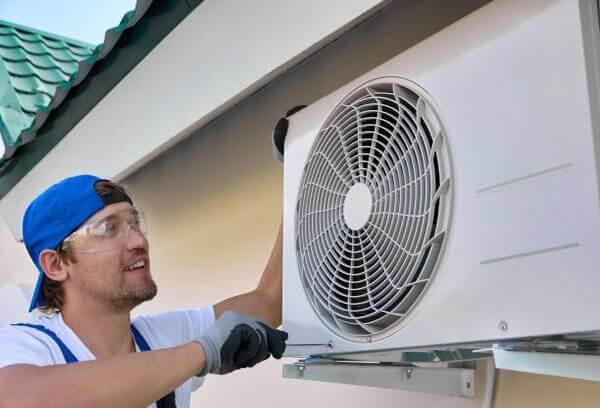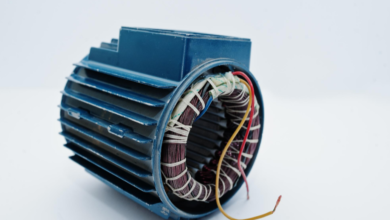Spring HVAC Maintenance Checklist for Commercial Properties

Spring is the perfect time for commercial property owners and facility managers to ensure their HVAC systems are running efficiently and ready for the warmer months. Regular maintenance not only improves system performance but also extends the life of your equipment, reduces energy costs, and ensures a comfortable indoor environment for employees and tenants.
Implementing a comprehensive HVAC preventative maintenance plan is critical, and focusing on commercial HVAC preventative maintenance ensures larger, more complex systems operate reliably year-round.
Why Spring HVAC Maintenance Matters
Spring maintenance helps commercial properties by:
- Improving energy efficiency – Clean filters and properly calibrated systems reduce energy consumption.
- Preventing costly breakdowns – Identifying issues early avoids emergency repairs during peak seasons.
- Enhancing indoor air quality – Clean coils, filters, and ducts improve airflow and reduce allergens.
- Extending equipment lifespan – Regular upkeep reduces wear and tear on key components.
Commercial HVAC Spring Maintenance Checklist
1. Inspect and Replace Air Filters
Air filters capture dust, debris, and allergens. Dirty filters restrict airflow, reduce efficiency, and strain the system. For commercial HVAC preventative maintenance, replace filters at least every 90 days—or more often for high-traffic areas.
2. Clean Coils and Condensers
Evaporator and condenser coils can accumulate dirt, reducing heat transfer efficiency. Cleaning them ensures optimal cooling performance and prevents overworking the system.
3. Check Refrigerant Levels
Proper refrigerant levels are essential for efficient cooling. Low refrigerant can lead to system freezing, reduced efficiency, and higher energy bills.
4. Inspect Ductwork and Airflow
Leaky or obstructed ducts reduce HVAC performance and increase energy costs. Check for gaps, disconnected joints, or buildup of dust and debris.
5. Test Thermostats and Controls
Ensure thermostats are calibrated correctly and programmable settings are working. Modern systems often have smart controls that can optimize energy usage for commercial properties.
6. Examine Belts and Motors
Inspect belts for wear and tear, and lubricate motors to prevent premature failure. Proper tension and alignment are crucial for reliable operation.
7. Verify Safety Controls and Electrical Connections
Check all safety switches, fuses, and electrical connections. Faulty wiring or tripped breakers can disrupt operations or cause hazards.
8. Flush Drain Lines and Pans
Clogged condensate drains can lead to water damage or mold growth. Cleaning drain lines and pans ensures proper drainage and system safety.
9. Schedule Professional Inspection
Even with regular internal checks, a licensed commercial HVAC preventative maintenance professional can detect issues that may go unnoticed. Annual professional inspections help maintain warranties and ensure peak system performance.
Tips for Effective Commercial HVAC Preventative Maintenance
- Create a Maintenance Schedule – Track monthly, quarterly, and annual tasks to ensure nothing is missed.
- Document All Work – Keep detailed records of inspections, repairs, and replacements.
- Prioritize High-Traffic Areas – Systems serving busy spaces may require more frequent maintenance.
- Invest in Preventative Service Contracts – Partnering with a professional HVAC provider ensures consistent upkeep and reduces emergency repair costs.
Benefits of Regular Spring HVAC Maintenance
By performing thorough spring maintenance and adhering to commercial HVAC preventative maintenance best practices, businesses can:
- Reduce energy bills by up to 20%.
- Prevent unexpected system failures during peak seasons.
- Maintain consistent and comfortable indoor temperatures.
- Improve air quality and employee comfort.
- Extend the lifespan of HVAC equipment, protecting your investment.
Final Thoughts
Spring is the ideal time to assess and maintain your commercial HVAC systems. A structured HVAC preventative maintenance program, combined with professional commercial HVAC preventative maintenance, ensures your building stays comfortable, energy-efficient, and safe.
Taking proactive steps now helps avoid costly repairs later, improves indoor air quality, and ensures your HVAC system is ready for the demands of the year ahead.





